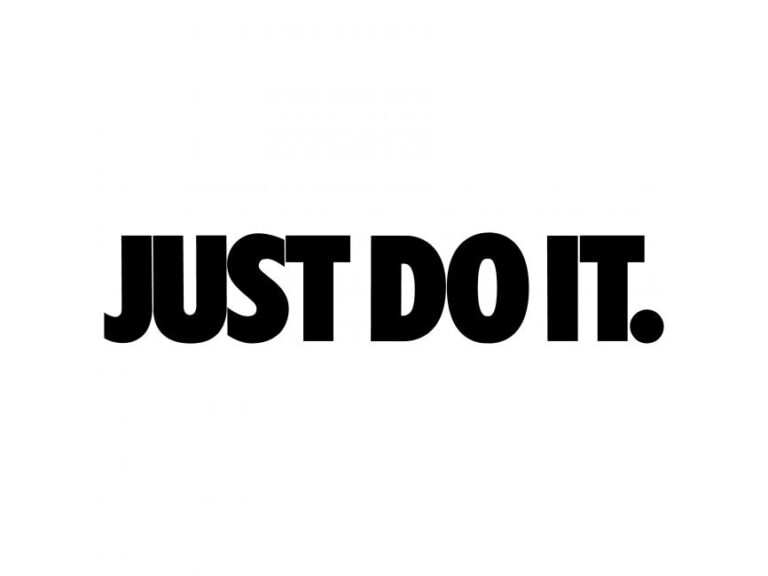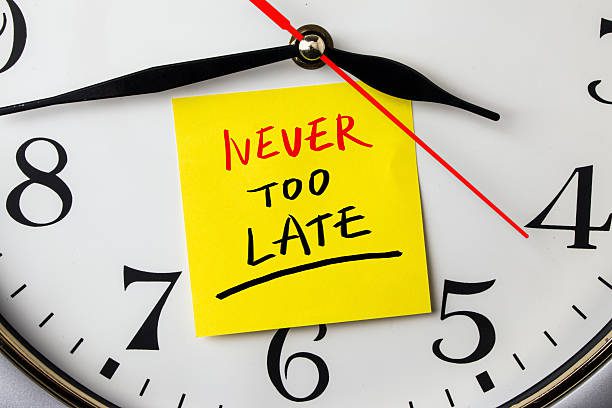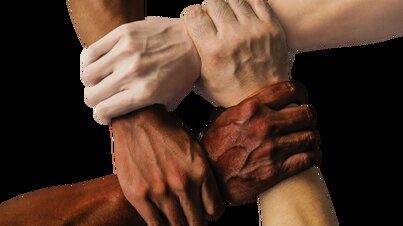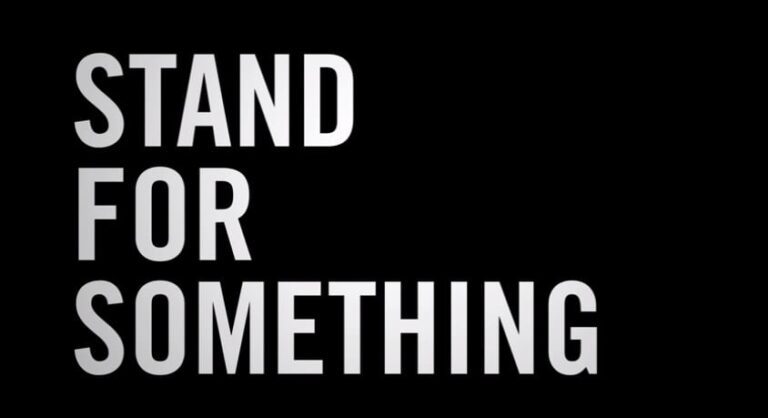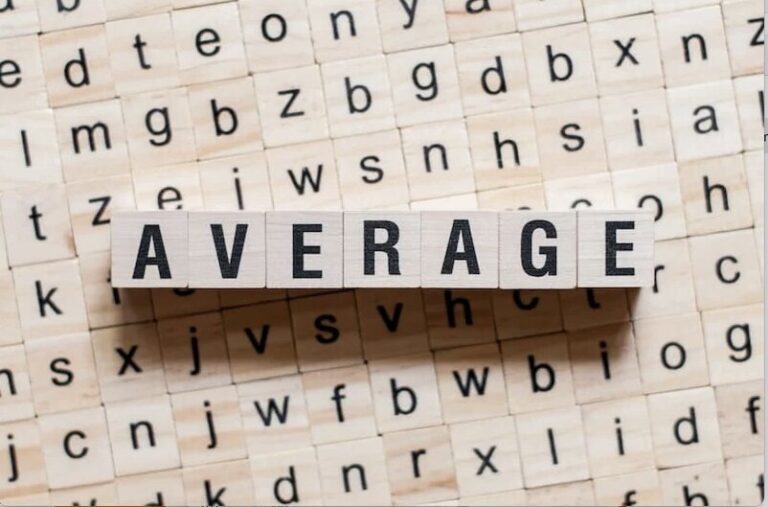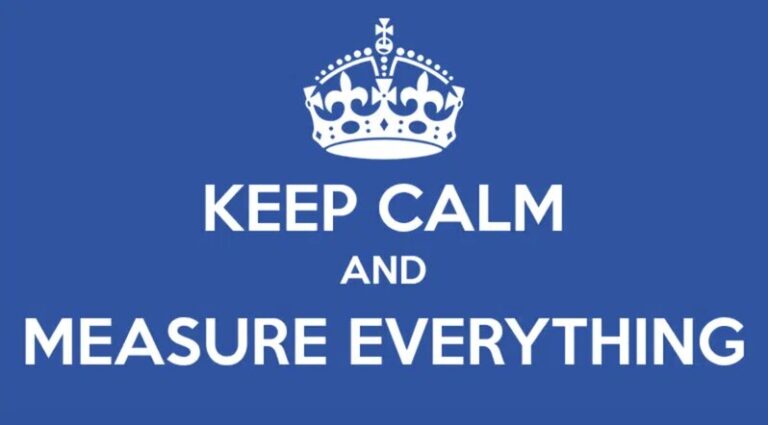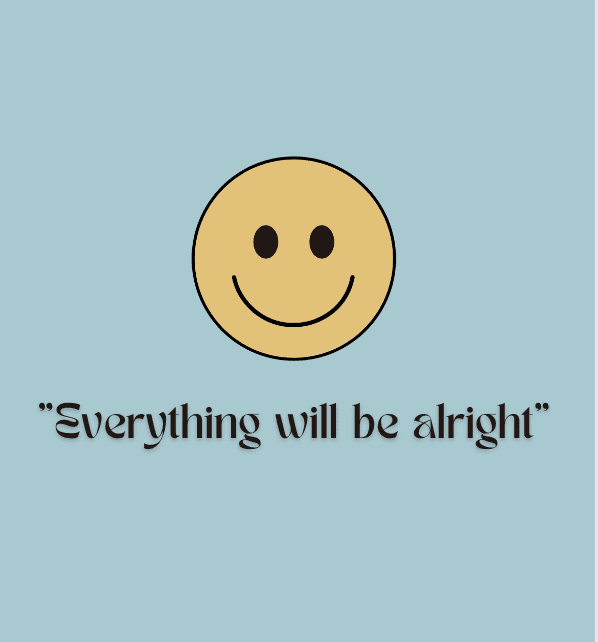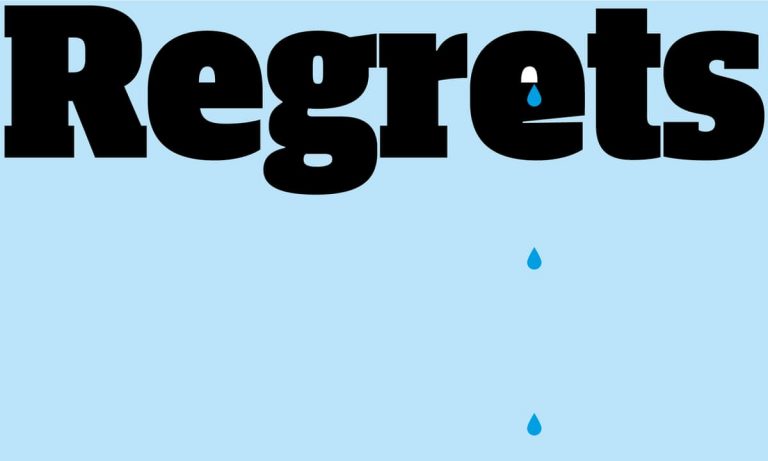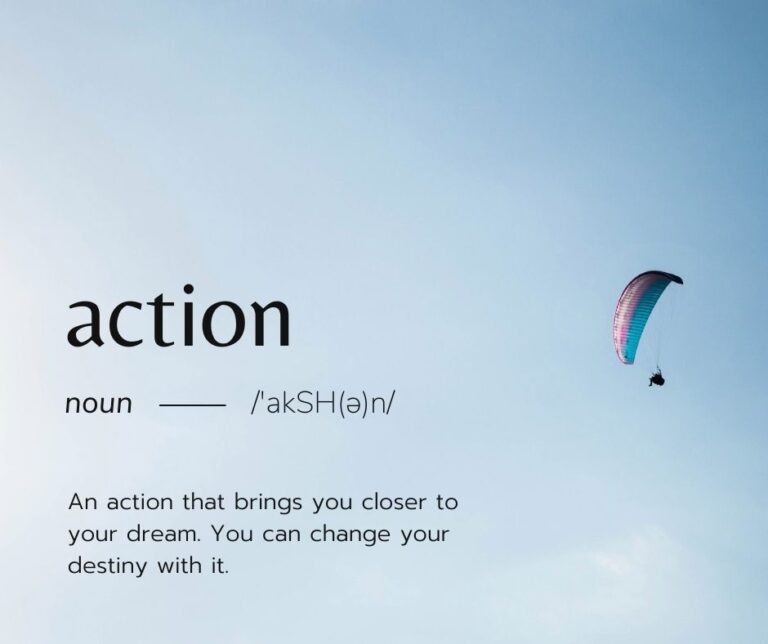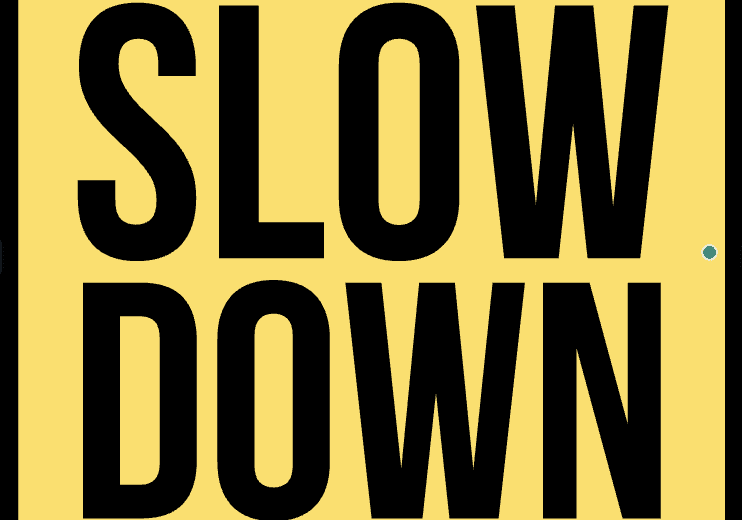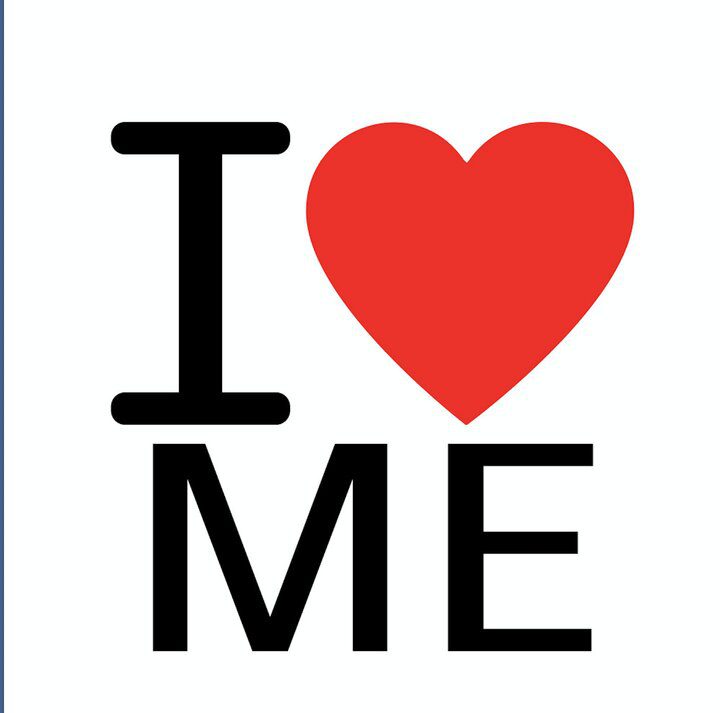“Just Do It” is the aspirational and inspirational slogan of the American show company Nike. The tagline was coined by Dan Wieden, one of the founders of the Wieden+Kennedy ad agency. In 1977, he followed the murder case of Gary Gilmore, who was executed by firing squad. Wieden was brainstorming for a tagline for a new series of Nike commercials, and he remembered Gilmore’s last word, “Let’s do it.” He changed it to “Just Do It,” and the rest, they say, is history.
You don’t have to be great to start but you have to start to be great.
